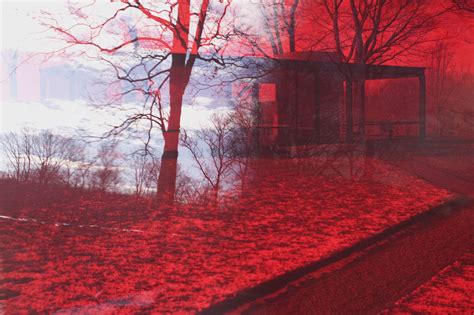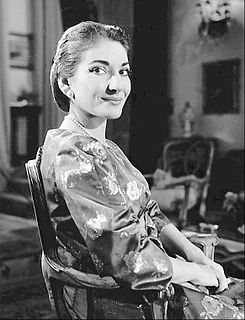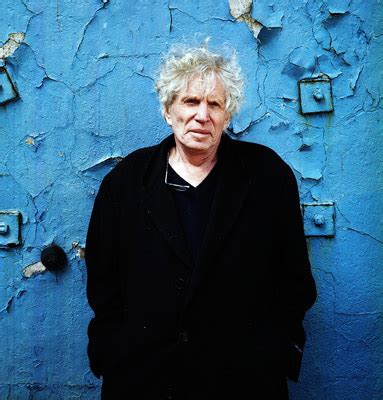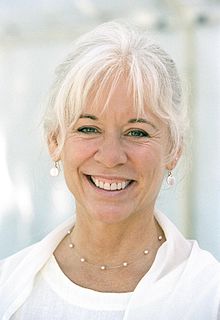A Quote by Hiroshi Sugimoto
One night I had an idea while I was at the movies: to photograph the film itself. I tried to imagine photographing an entire feature film with my camera. I could already picture the projection screen making itself visible as a white rectangle. In my imagination, this would appear as a glowing, white rectangle; it would come forward from the projection surface and illuminate the entire theater. This idea struck me as being very interesting, mysterious, and even religious.
Quote Topics
Appear
Being
Camera
Come
Could
Entire
Even
Feature
Feature Film
Film
Forward
Glowing
Had
Idea
Illuminate
Imagination
Imagine
Interesting
Itself
Making
Me
Movies
My Imagination
Mysterious
Night
One Night
Photograph
Picture
Projection
Religious
Screen
Struck
Surface
Theater
Tried
Very
Very Interesting
Visible
While
White
Would
Related Quotes
I don't understand why we have to experiment with film. I think everything should be done on paper. A musician has to do it, a composer. He puts a lot of dots down and beautiful music comes out. And I think that students should be taught to visualize. That's the one thing missing in all this. The one thing that the student has got to do is to learn that there is a rectangle up there - a white rectangle in a theater - and it has to be filled.
A photograph records both the thing in front of the camera and the conditions of its making... A photograph is also a document of the state of mind of the photographer. And if you were to extend the idea of the set-up photograph beyond just physically setting up the picture, I would argue that the photographer wills the picture into being.
I've always liked the idea of inventing stuff. My father told me, because I was naïve, I would think things could work and therefore do them, because I would have no doubt even though there was no solid foundation for this confidence. I don't think I would be a real inventor. But when I set out to do animation, which was my first step into film-making, I realised I could achieve this idea. I could take some elements, create a sort of clumsy invention, and make them work for the camera.
It takes a little more time to get into the role, but not very much more. In making a record you don't have the sense of projection over a distance as in an opera house. We have this microphone and this magnifies all details of a performance, all exaggerations. In the theater, you can get away with a very large, very grand phrase. For the microphone, you have to tone it down. It's the same as making a film, your gestures will be seen in close-up, so they cannot be exaggerated as they would be in a theater.
We regard the photograph, the picture on our wall, as the object itself (the man, landscape, and so on) depicted there. This need not have been so. We could easily imagine people who did not have this relation to such pictures. Who, for example, would be repelled by photographs, because a face without color and even perhaps a face in reduced proportions struck them as inhuman.
How foolish of me to believe that it would be that easy. I had confused the appearance of trees and automobiles, and people with a reality itself, and believed that a photograph of these appearances to be a photograph of it. It is a melancholy truth that I will never be able to photograph it and can only fail. I am a reflection photographing other reflections within a reflection. To photograph reality is to photograph nothing.




































